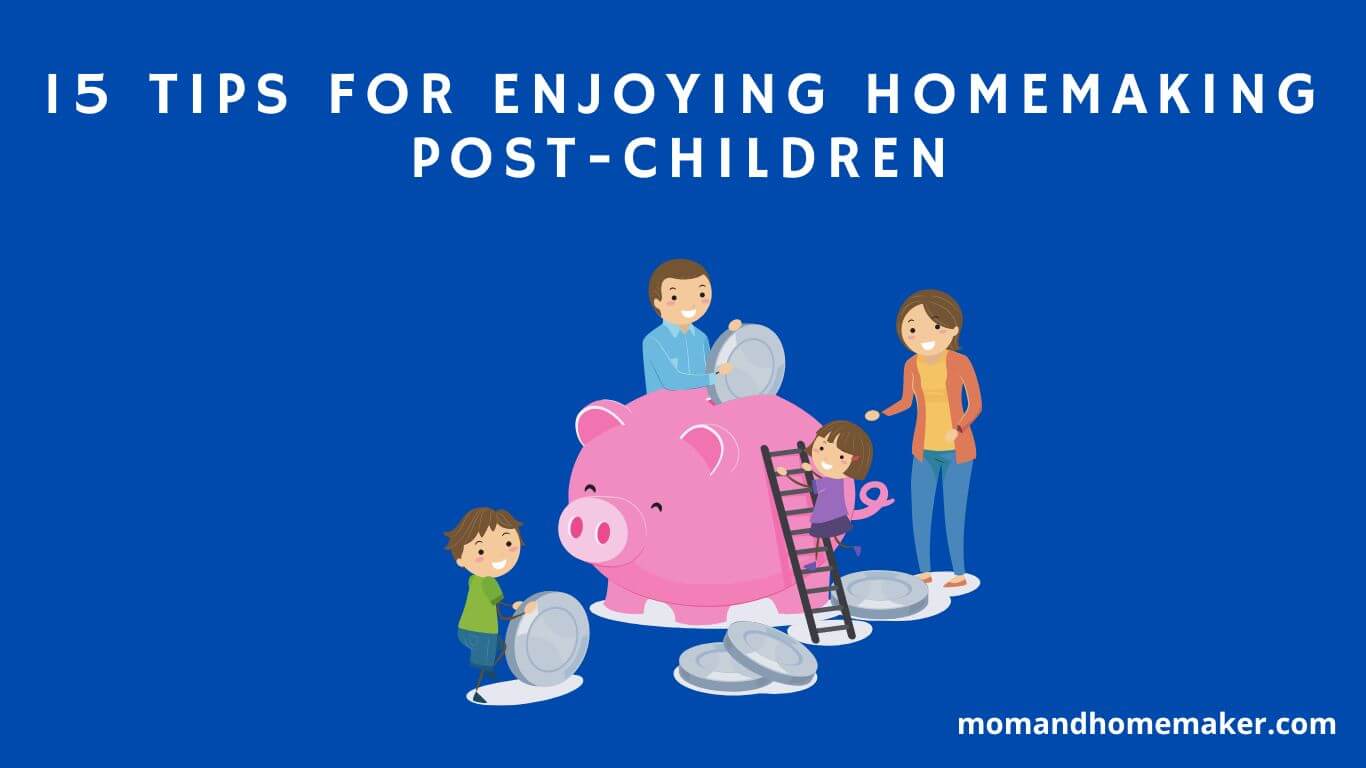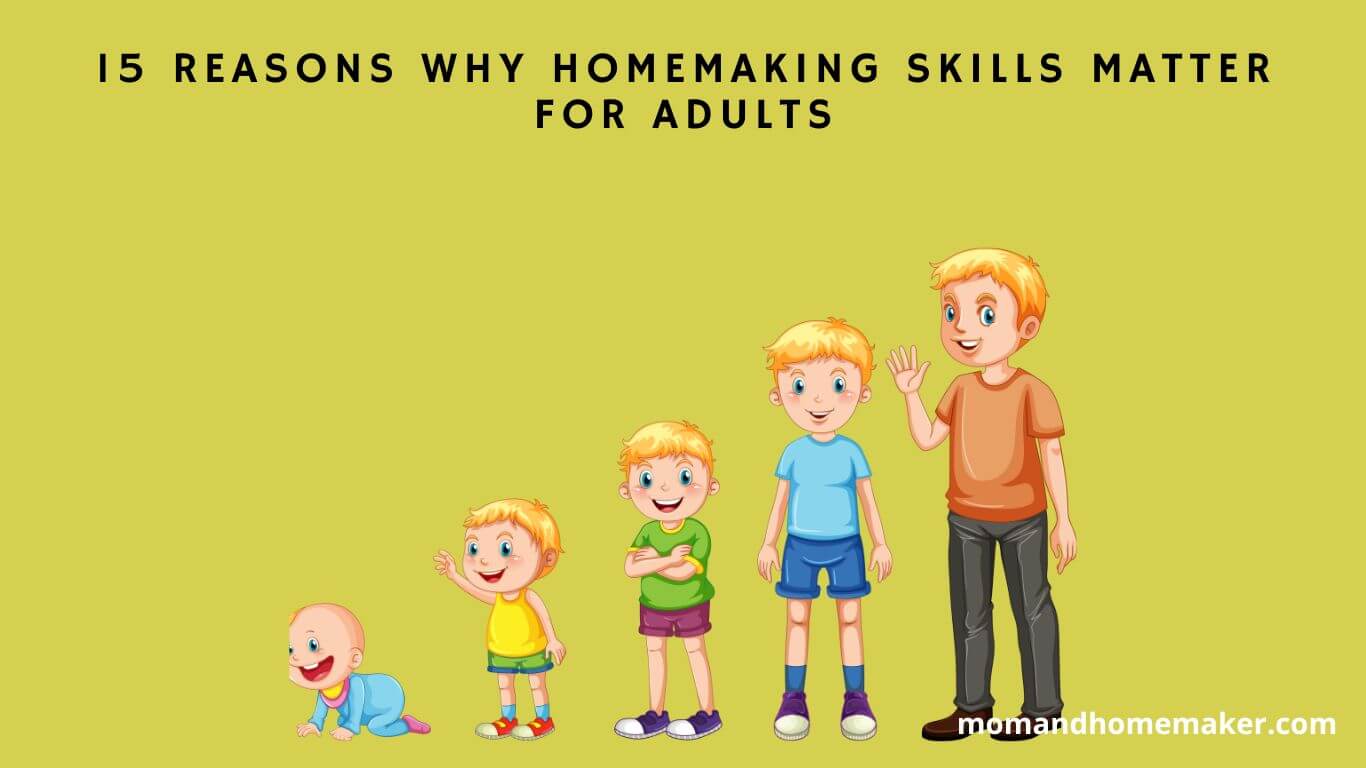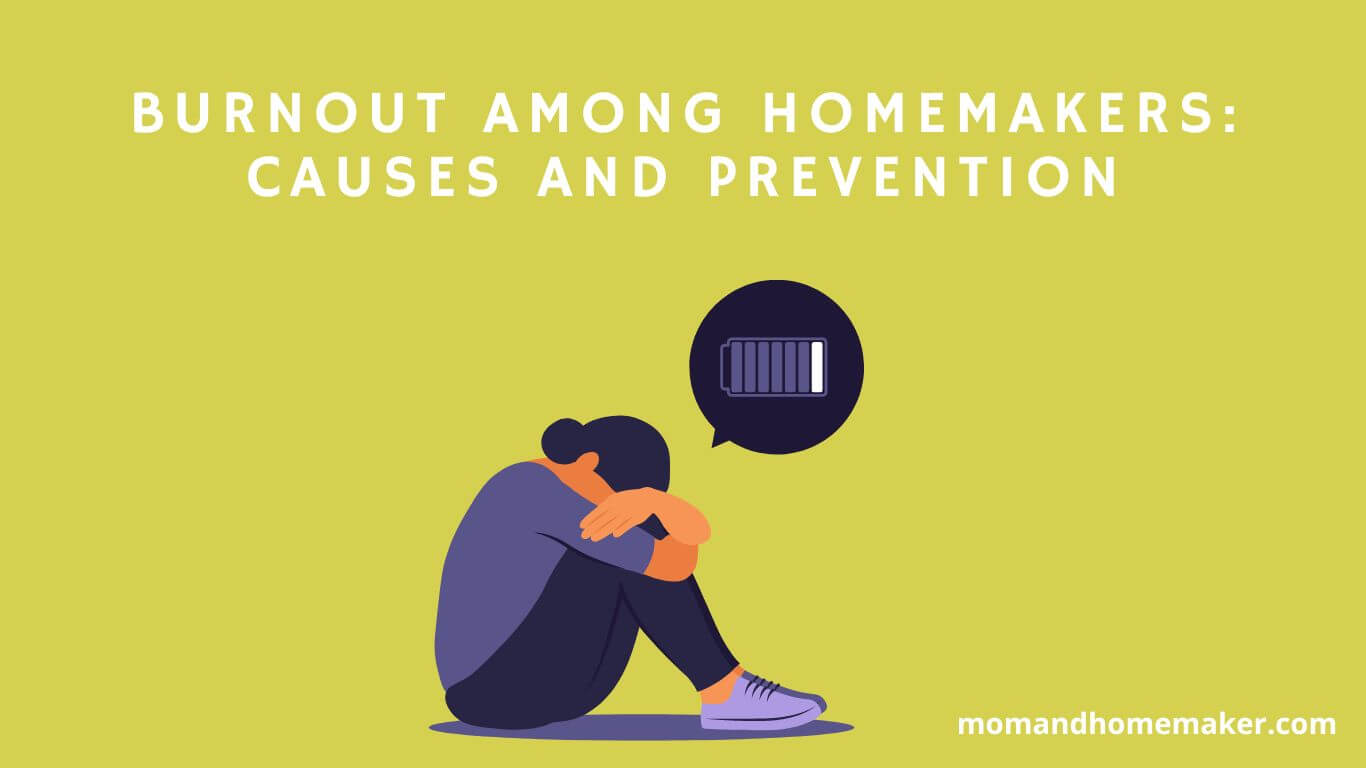Growing up with an emotionally unavailable father is like trying to bloom in soil without the necessary nutrients. Just as a garden needs nourishment to thrive, a child also requires emotional support from their dad.
However, when this support is missing, it can have a profound impact on the child’s development, influencing their relationships, self-worth, and overall happiness.
Understanding the complex dynamics and potential outcomes of such relationships can shed light on how issues with father figures can surface later in life.
Understanding Emotional Unavailability in Fathers

Understanding emotional unavailability in fathers involves recognizing how their behavior affects their children’s emotional well-being. When fathers are emotionally distant, it can create lasting wounds that impact a child’s development and sense of security.
This can result in issues like low self-esteem, challenges in forming healthy relationships, and difficulties with trust and intimacy. These effects can carry into adulthood, shaping how individuals view the world and interact with others.
Impact of Father-Daughter Relationships
Exploring the impact of father-daughter relationships provides valuable insights into a woman’s emotional intelligence and self-perception. Parents play a crucial role in shaping a daughter’s early development, which sets the stage for her psychological well-being and how she interacts with others.
The quality of the bond between a father and daughter greatly influences her self-esteem, confidence, and ability to build healthy relationships. Positive family dynamics, characterized by open communication, support, and unconditional love, contribute to a daughter’s emotional resilience and feelings of security.
Research indicates that daughters who’ve positive relationships with their fathers often exhibit higher levels of self-worth and are better equipped to handle life’s challenges.
On the flip side, strained father-daughter relationships can lead to feelings of abandonment, inadequacy, and mistrust, with lasting effects on a woman’s mental health and overall happiness.
Recognizing the significance of father-daughter relationships underscores the profound impact parents have on their children’s emotional development and well-being.
Signs of Daddy Issues in Adults

When it comes to understanding the impact of father-daughter relationships on adults, it’s crucial to recognize the signs of daddy issues that may arise. These signs reflect unresolved emotional wounds and psychological effects from early dynamics, influencing how individuals respond to emotions later in life.
Adults with daddy issues often display various signs in their behavior and relationship patterns, which can hinder personal growth and fulfillment. By identifying these signs, individuals can begin the healing process, addressing underlying issues and working towards healthier emotional states.
Signs of Daddy Issues in Adults:
- *Healing Process:* Seeking validation from others, avoiding intimacy, needing constant reassurance.
- *Relationship Patterns:* Fear of abandonment, trust issues, co-dependency, seeking unavailable partners.
- *Emotional Wounds:* Low self-esteem, difficulty in forming close relationships, fear of rejection.
These signs can lead to anxiety, depression, people-pleasing, self-sabotage, and approval-seeking behavior, reflecting the psychological impact of daddy issues. Recognizing and understanding these signs empowers individuals to seek support, engage in self-reflection, and embark on a journey towards healing and growth.
Influence on Attachment Styles
Understanding the impact of emotionally unavailable fathers on attachment styles is crucial for unraveling the complexities of adult relationships. Attachment styles, formed in childhood, greatly influence how individuals interact in their adult relationships.
Children who experience emotional unavailability from their fathers may develop insecure attachment styles, leading to challenges in forming healthy relationships later in life. Therapy can help address these deep-rooted issues stemming from childhood trauma.
By working through these attachment styles in therapy, individuals can learn to establish healthier boundaries, improve self-esteem, and develop more secure relationships.
Defense mechanisms, often developed as coping strategies in response to childhood experiences, may hinder trust and communication in adult relationships. Addressing abandonment issues and learning to set boundaries are crucial steps in overcoming the impact of an emotionally unavailable father on attachment styles.
Through therapy and self-reflection, individuals can work towards healing past wounds and fostering more fulfilling relationships in the future.
Coping Mechanisms and Defense Mechanisms

When dealing with the effects of emotionally unavailable fathers on attachment styles, individuals often develop coping mechanisms and defense mechanisms that can impact their ability to form healthy relationships later on. It’s crucial to focus on self-care strategies and seek support from those around you during such challenges.
- Self-care strategies: Engaging in activities that nourish your mind, body, and soul can help you navigate the difficulties arising from an emotionally unavailable father.
- Coping mechanisms: Finding healthy ways to deal with stress and emotional challenges is vital for your overall well-being and relationships.
- Emotional regulation: Learning to effectively manage your emotions can prevent them from overwhelming you in difficult situations.
- Mindfulness practices: Being present in the moment and practicing mindfulness can assist in processing past traumas and building resilience for the future.
Healing From Childhood Trauma
Healing from childhood trauma is a process that involves acknowledging past pain, seeking professional support, and embracing the journey towards emotional recovery.
It’s important to recognize how past experiences impact present emotions and behaviors. Learning to regulate emotions and express feelings in healthy ways is crucial.
Inner child work, where you nurture and comfort your inner child carrying wounds from the past, is a key aspect of trauma recovery. Through self-discovery and growth, you can uncover how trauma has influenced your beliefs and relationships.
Engaging in therapies like cognitive-behavioral therapy or EMDR can help address deep-rooted issues and develop coping strategies. Remember, healing takes time and self-compassion.
As you embark on this healing journey, remember that you deserve love, support, and a brighter future.
Seeking Therapy for Daddy Issues

Dealing with the impact of emotionally distant fathers can be tough, but seeking therapy for issues related to your relationship with your dad can offer valuable support and insights as you work towards healing and understanding.
Therapy provides a safe and nurturing environment where you can explore how your father has influenced your life and gain a deeper understanding of yourself.
By engaging in therapy, you can start a journey of personal growth and self-discovery, peeling back layers of past experiences to make sense of your present emotions and behaviors.
Here are some ways therapy can assist you:
- Personal Development: Therapy supports your growth and helps you reach your full potential.
- Self-Exploration: It allows you to delve into your thoughts, feelings, and actions, leading to greater self-awareness.
- Emotional Recovery: Therapy equips you with tools to process and heal emotional wounds stemming from your father’s behavior.
- Understanding Relationships: You can learn how your past experiences impact your current relationships and develop healthier ways of relating to others.
Breaking the Cycle of Emotional Unavailability
To break the cycle of emotional unavailability in your relationships, you need to start by looking within and making a commitment to change. Begin by understanding how your past experiences have influenced the way you connect with others. Emotional healing is key to breaking this pattern.
Seek support, whether from your parents or through therapy, to address any lingering issues from your childhood. Rebuilding trust begins with trusting yourself and embracing your emotions, seeing vulnerability as a strength.
Focus on building connections with those around you through open and honest communication. Remember, this process takes time, patience, and a willingness to face discomfort. By investing in yourself and nurturing your relationships, you can create a healthier emotional landscape and break free from emotional unavailability.
Rebuilding Trust and Connection

When rebuilding trust and connection, it’s crucial to actively engage in open and honest communication with those around you. This process requires effort and commitment.
Here are some steps to help you along the way:
- Listen Actively: Show genuine interest in others’ thoughts and feelings.
- Share Your Vulnerabilities: Be open about your own thoughts and emotions to deepen connections.
- Consider Professional Support: Therapy or counseling can aid in emotional healing and personal growth.
- Establish Healthy Boundaries: Setting boundaries is important for self-protection and building trust in relationships.
Effects on Self-Esteem and Self-Worth
Having an emotionally distant father can have a profound impact on a child’s sense of self-worth and self-esteem, influencing how they perceive themselves and their relationships.
Growing up with a father who struggles to show emotions or offer support can lead to feelings of inadequacy and a diminished sense of self-worth. This may result in a challenging journey towards self-acceptance, as one might internalize the belief that they’re undeserving of love and validation.
Despite these difficulties, there’s room for personal growth and healing. Developing resilience is crucial in overcoming the negative consequences of having an emotionally unavailable father.
It entails acknowledging one’s worth beyond the limitations of their father and redefining self-worth based on personal values and strengths.
Although the path to self-acceptance and healing may be arduous, it’s a transformative process that can foster a stronger sense of self and healthier relationships in the future. Remember, you hold the power to shape your own narrative and break free from the constraints of past experiences.
Navigating Intimate Relationships

Facing challenges in forming deep emotional connections due to your father’s emotional unavailability can significantly impact your intimate relationships. This can show up in various ways, affecting your ability to establish and sustain healthy relationship dynamics.
When grappling with issues of emotional intimacy rooted in your childhood experiences, it’s crucial to acknowledge and tackle the barriers that hinder your connection with others. Understanding how your father’s emotional unavailability in the past influences your current struggles with intimacy can provide insight into your relationship patterns.
Embarking on a healing journey is key to breaking free from these patterns and nurturing meaningful connections with your partner. Consider these points:
- Reflect on how past experiences shape your current relationship dynamics.
- Work on building emotional intimacy by gradually opening up to your partner.
- Identify and address vulnerability barriers that impede a deep connection with your partner.
- Seek guidance from a therapist or counselor to navigate the healing process effectively.
Overcoming Abandonment Issues
When dealing with the impact of emotionally unavailable fathers in intimate relationships, forming deep emotional connections can be challenging due to abandonment issues.
To address these difficulties, it’s important to embark on a journey of self-discovery. Take time to understand how past experiences have influenced your views on relationships and your self-perception. By doing this, you can start the process of emotional healing.
Rebuilding trust in relationships, both with others and yourself, requires inner strength and courage to confront the wounds of abandonment. As you work through these challenges, you’ll experience personal growth.
Embracing vulnerability and facing abandonment directly will lead you to a place of strength and resilience. Remember, overcoming abandonment issues is a journey that requires patience and dedication, but the rewards of trusting relationships and personal growth are well worth the effort.
Establishing Healthy Boundaries

Establishing healthy boundaries is crucial for maintaining your emotional well-being and cultivating positive relationships, especially when dealing with an emotionally distant father. Setting clear boundaries helps protect yourself and promote healthier interactions. Here are some essential points to keep in mind:
- Boundary setting: Clearly outline what behavior is acceptable and unacceptable in your relationship with your father.
- Emotional regulation: Practice managing your emotions effectively during interactions with your father to avoid misunderstandings or conflicts.
- Self-care practices: Prioritize activities that support your well-being and help you navigate challenging situations with your father.
- Communication skills: Develop assertive yet respectful communication strategies to express your needs and feelings in conversations with your father.
Communicating With an Emotionally Unavailable Dad
When it comes to talking to a dad who struggles to show his emotions, it’s crucial to approach conversations with patience and understanding. Effective communication techniques are key in bridging the emotional gap that may exist.
It’s important to recognize and address any emotional barriers while promoting a culture of acceptance of vulnerability. By setting aside expectations and prioritizing open dialogue, you can start the journey toward healing with your father. Remember, this process requires effort from both sides to make progress.
| Effective Communication Techniques | Addressing Emotional Barriers | Embracing Vulnerability |
|---|---|---|
| Listen actively and show empathy | Acknowledge and work through past hurts | Encourage open and honest talks |
| Express feelings using ‘I’ statements | Overcome fear of emotional closeness | Practice patience and empathy |
| Consider therapy or counseling if needed | Break down defensive walls | Create a safe environment for emotional sharing |
Embracing Self-Compassion and Acceptance

To improve your connection with your emotionally distant father, start by being kind to yourself and acknowledging your feelings without criticism. Practicing self-compassion and acceptance is vital for your personal growth and well-being. Here are some key steps to support you in this process:
- Prioritize self-care: Engage in activities that nurture your mental, physical, and emotional health. Taking care of yourself is essential for being able to care for others effectively.
- Practice mindfulness: Stay present in the moment and recognize your emotions without judgment. Mindfulness can help you better understand your feelings and respond thoughtfully.
- Work on self-forgiveness: Release any guilt or resentment you may hold towards yourself. Forgiving yourself is a powerful way to heal internally and move forward.
- Develop self-awareness: Reflect on your thoughts, emotions, and actions. Increasing self-awareness is the first step towards personal growth and positive change.
Conclusion
Can an emotionally unavailable father lead to issues with father figures? Understanding the impact of the father-daughter relationship and recognizing signs of these issues is key.
By learning healthy coping strategies and setting boundaries, individuals can address abandonment issues.
Open communication with an emotionally distant father and practicing self-compassion are crucial steps toward healing.












